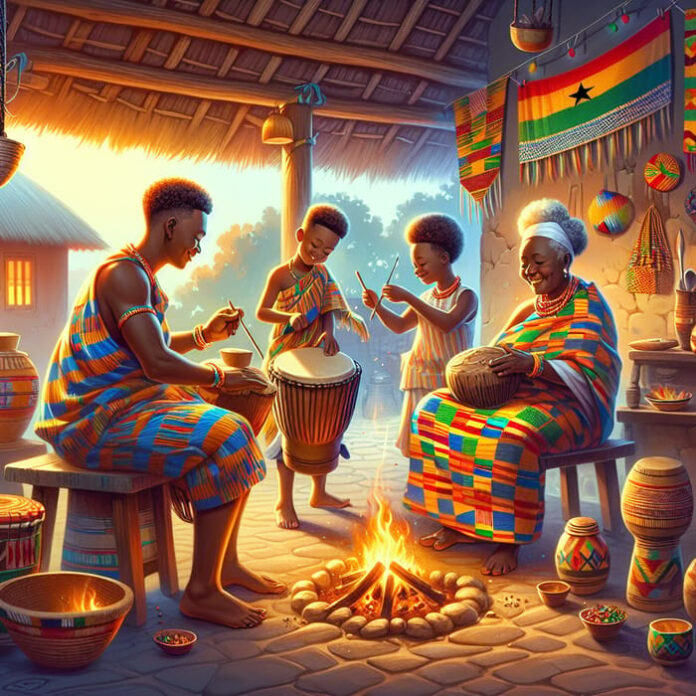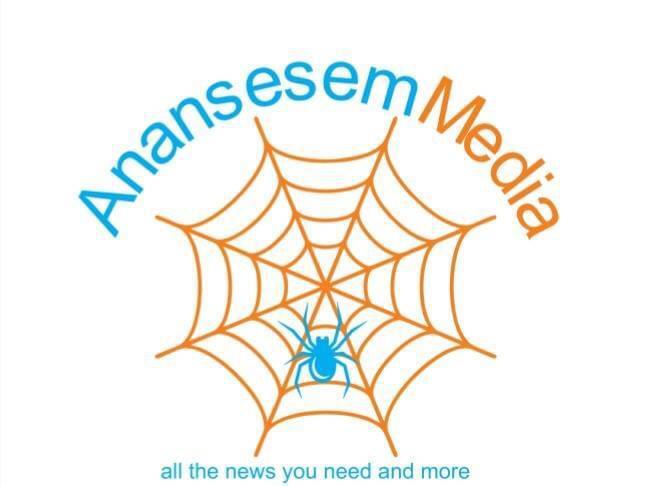You know that moment? A heated family debate about land, marriage, or a tricky neighbour… your modern confidence high. Then, Nana, Auntie Ama, or Wofa clears their throat. A few proverbs (`mmebusem`) woven into soft-spoken words, and the room shifts. Respectful nods replace arguments. Why? In Ghana, the righteousness of the elderly carries sacred weight.
This isn’t blind obedience; it’s a cultural cornerstone:
Elders are living libraries. They’ve navigated hardships – downturns, shifts, changes – witnessing consequences across generations. Their “rightness” comes from ived lessons, seasoned with real-life salt.
They are the vital link to our past, holding our stories, customs, proverbs, and lineage. Respecting them honours our ancestors and cultural fabric.
This reverence provides natural structure. Their word resolves conflicts, fosters peace (`Asomdwee`), and maintains order within families and communities.
Honouring elders, heeding guidance (even when questioned), invites their blessings (`Nhyira`) and protection. Disrespect is believed to carry consequences – it’s a spiritual and communal duty.
No one is infallible. Sometimes, rigid views clash with modern needs. Blind following isn’t the answer. The beauty is in the approach:
Hear the wisdom behind the words. What principle endures? Question respectfully: “Nana, please explain…” or “Auntie, what if we considered…?”
Filter timeless values (respect, family, community) from era-bound perspectives.
This belief isn’t about dictatorship. It’s acknowledging a profound source of stability, wisdom, and cultural continuity. Their “rightness” often represents the distilled essence of survival, community values, and ancestral connection – an anchor in our fast-paced world.
So, pause next time an elder speaks. See the lived experience, the holder of stories, the guardian of `Nhyira`. Their truth might not be factual perfection, but it carries the enduring heartbeat of Ghanaian identity and strength. Yedaase Nananom! Your light guides us.
Story by: E.A-B Kelzi




